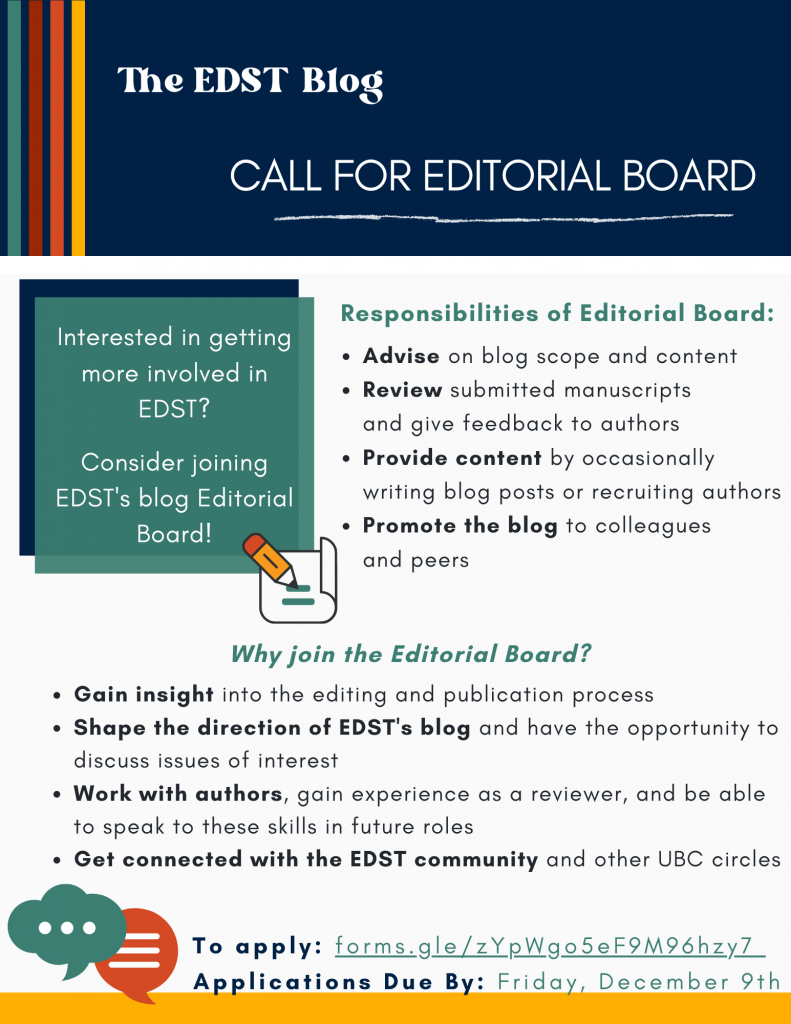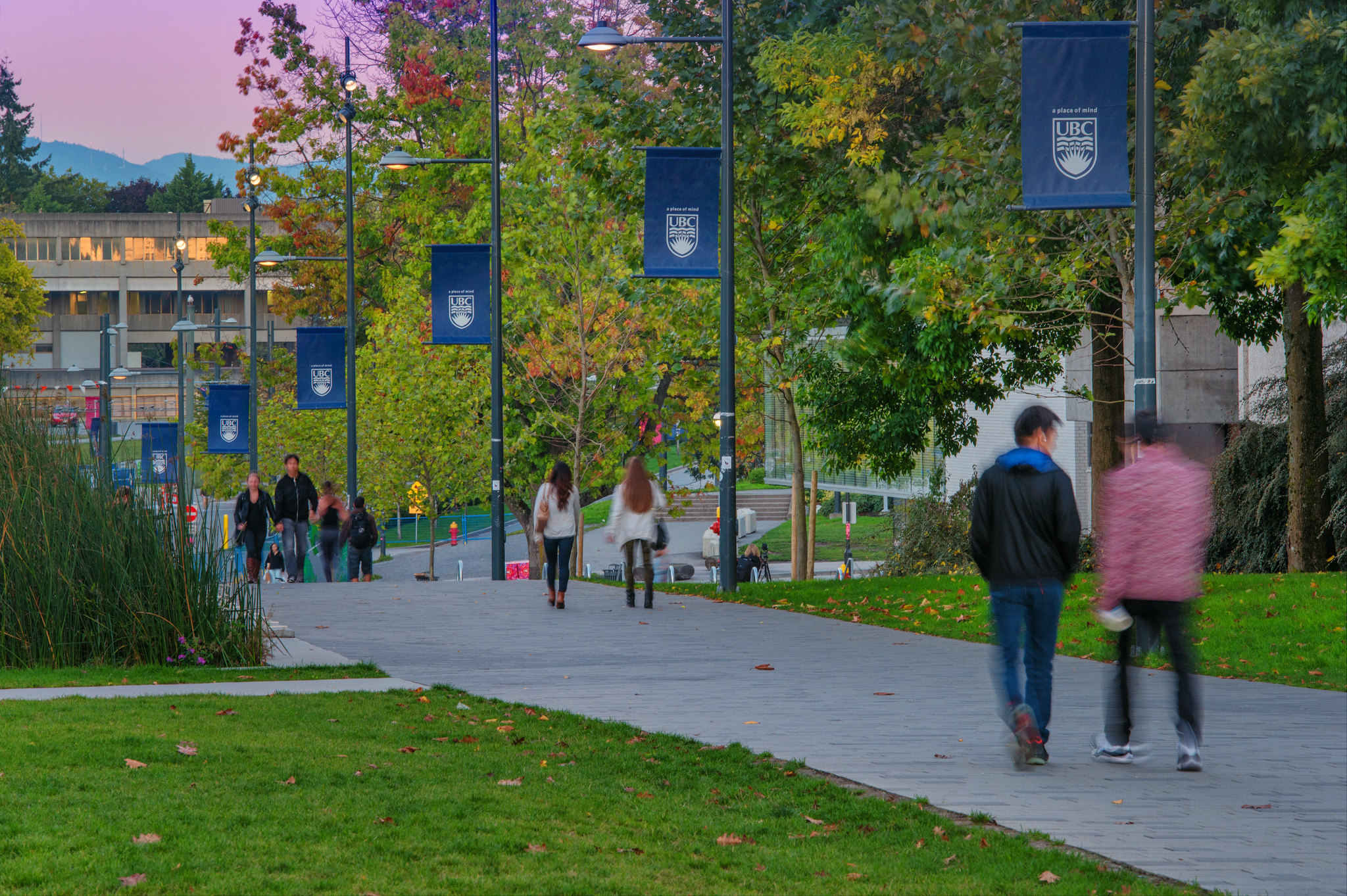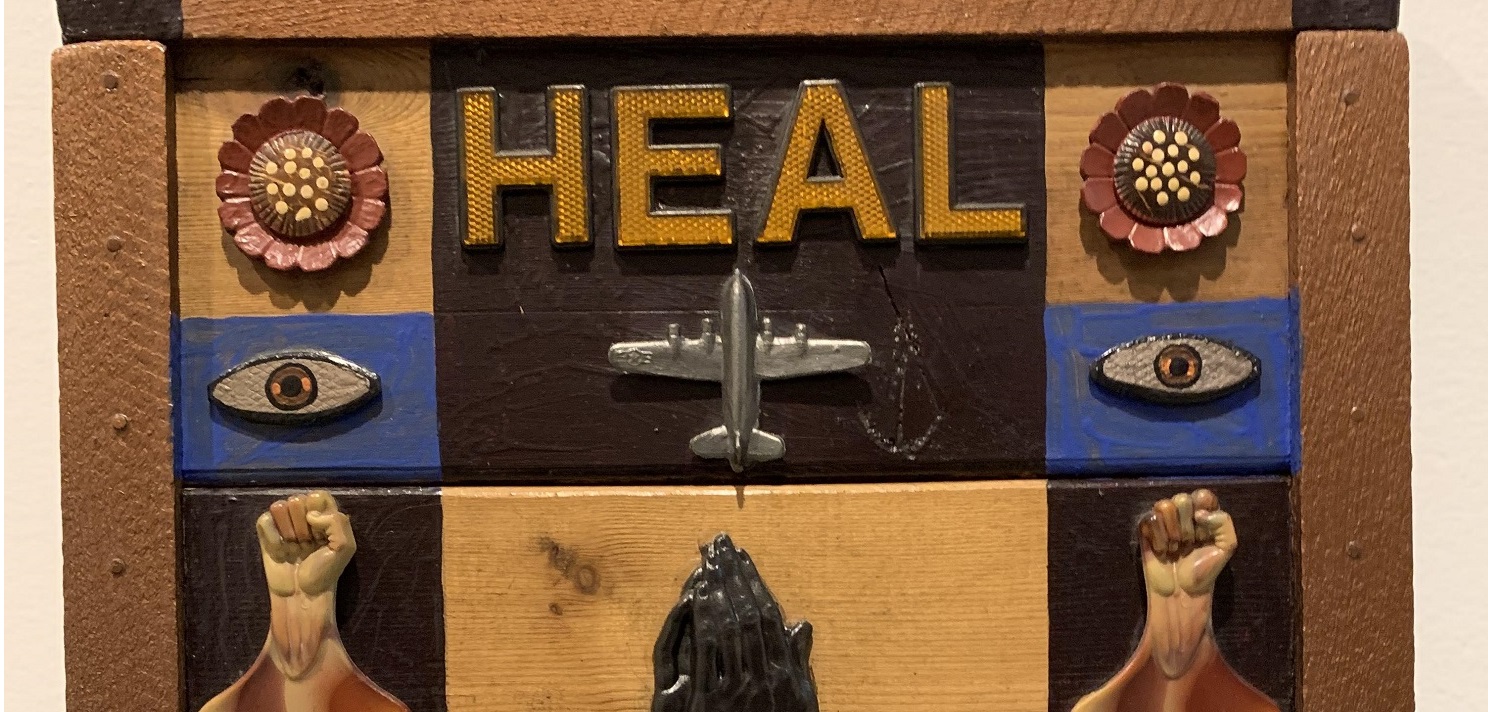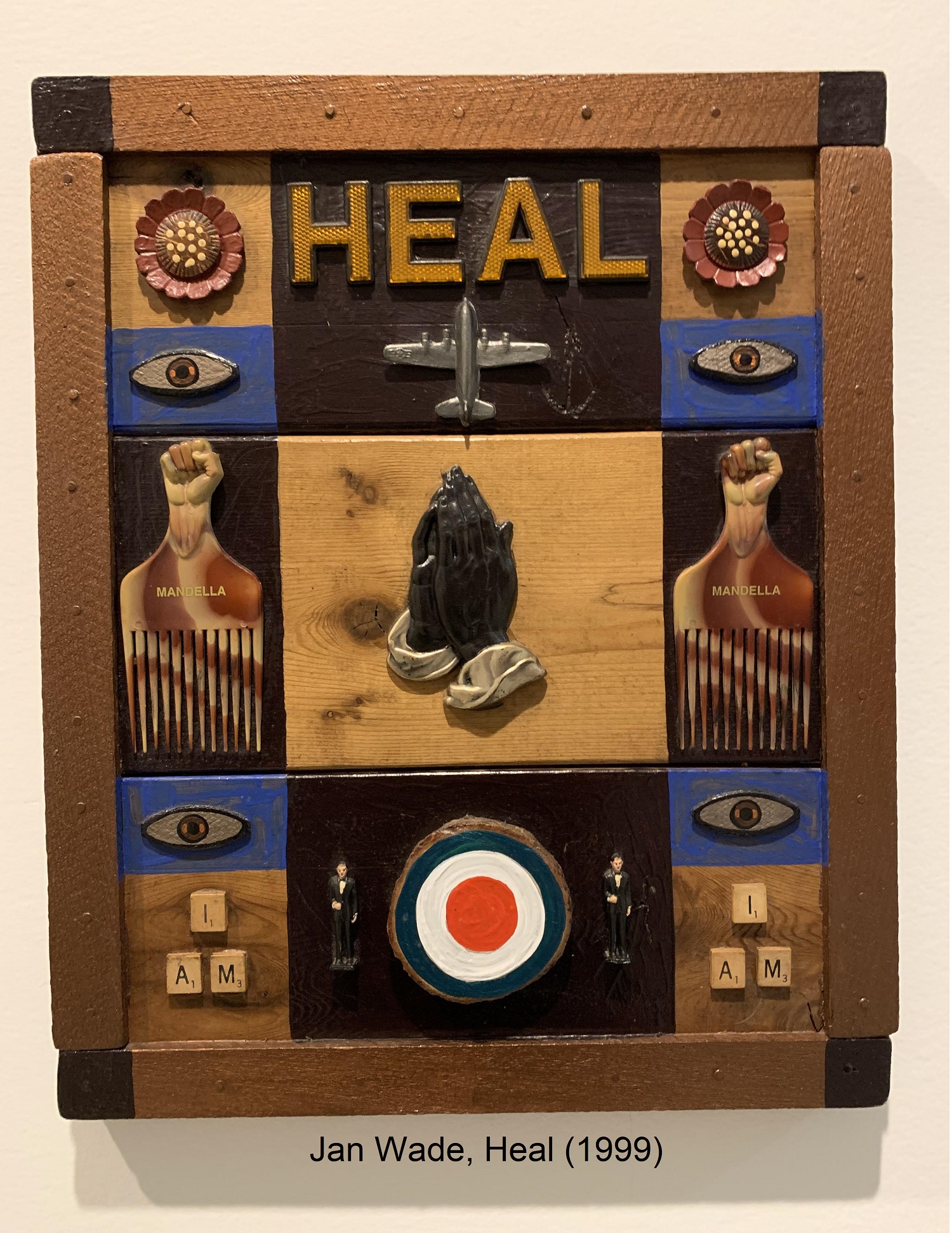Have you written a paper you are proud of?
Are there aspects of your research you are excited to share with others?
Do you want to learn how to communicate your work to a broader audience?
This blog post will offer some tips and ideas on how to get your work out there and how to translate your research into prose that is public-facing and accessible. Included at the end are some opportunities to get support for public scholarship projects.
-Itamar Manoff
![]()
“Research” in education is a complex matter.
Educational Studies as a field is unique in its multi-disciplinary and multi-perspective approach, which derives from the very heart of educational practice as a meeting place for people from diverse backgrounds, cultures, and lived experiences.
On the level of research and scholarship, this is apparent in the broad array of disciplines and theoretical perspectives that come into conversation in educational research: education involves research in sociology, history, philosophy, Indigenous studies, gender studies, queer theory, psychology, ecology, and more.
So, how do you go about showcasing your work in different settings and to different audiences? What are the nuts and bolts of public facing scholarship?
Here are some practical tips and resources that can help you move your project, idea, or research into the public domain:
First Steps: Knowledge Translation
![]()
One good way to start is by trying to communicate your work to people outside your field of research. This can be as simple as having a conversation with a friend or a relative, or someone in the community who might be interested in your work (e.g. students, teachers, administrators), in which you explain your basic ideas, the research questions or arguments that you have thought about, and their significance.
It might be a good idea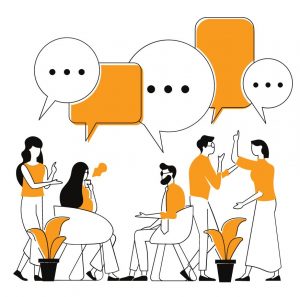 to record your conversation and take notes of questions, responses and ideas your interlocutor has. These can help you “translate” your work into public-facing, accessible, and relevant language. For some more ideas on how to effectively tell your research story, check out this article from the University Affairs website.
to record your conversation and take notes of questions, responses and ideas your interlocutor has. These can help you “translate” your work into public-facing, accessible, and relevant language. For some more ideas on how to effectively tell your research story, check out this article from the University Affairs website.
Dip your toes in some public-facing writing or speaking
Now that you have some sense of how to communicate your ideas to a broader audience, it’s time to get out there and share your ideas! Here are some ideas for engaging in some public facing work:
1. Submit an entry to the EDST blog!
The EDST blog is a supportive and friendly space to showcase your work, create connections with other EDST students and faculty, and get some feedback on your public-facing writing.
Check out blog editor Jessica Lussier’s blog post on academic blogging for more information and keep an eye out for a call for submissions coming soon!
2. TAships
TAships can be a great opportunity to practice presenting in front of an audience. If you are working as a TA (or planning to), it might be a good idea to consult with the professor to see if there are any opportunities to make a short presentation about your work, research, or topics you are passionate about.
3. UBC’s Three Minute Thesis (3MT) competition
If you are working on your thesis or dissertation, and are looking for an opportunity to communicate your research to a broader audience, try applying to  UBC’s Three Minute Thesis (3MT) competition, which is a fun and exciting chance to practice your public presentation skills, and gain experience engaging with a non-expert audience.
UBC’s Three Minute Thesis (3MT) competition, which is a fun and exciting chance to practice your public presentation skills, and gain experience engaging with a non-expert audience.
Click here to view this year’s 3MT presenters.
Explore public-facing scholarship
Now that you’ve engaged in knowledge translation and polished your presentation and public writing skills, it’s time to explore some exciting opportunities to take your public-facing scholarship to the next levels. Here are some possible avenues to explore:
-
-
Explore the world of public scholarship! In recent years, there has been an explosion in research on public scholarship, its significance, and the ways in which to successfully engage in it. Check out this resource list to explore current research on public scholarship.
-
-
-
The Conversation Canada is a platform that brings in academic researchers from across the country to contribute public-facing, engaging and accessible writing, based on academic research. The site is free and open-source, and encourages high-quality writing and journalism from academic writers on issues relevant to the wider public. Check out this Atlantic article on similar initiatives to make academic research accessible to the public.
-
Apply to the UBC Public Scholars Initiative (PSI). This initiative brings together doctoral students from different faculties in UBC to foster and support them in becoming public scholars. The program provides students with a network of students and faculty members who work collaboratively on public scholarship initiatives, provides academic support to students in the program, and offers up to $20,000 in funding to support members’ innovative projects. For more information on the program, application procedures and information about current PSI scholars and their work, check out this link.
-


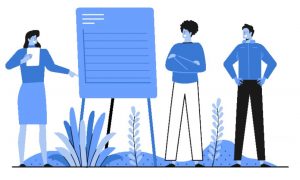
 Share
Share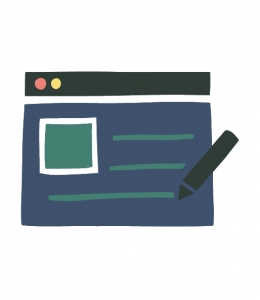
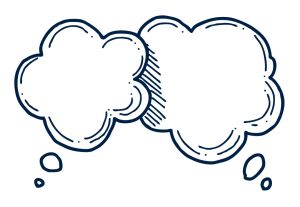
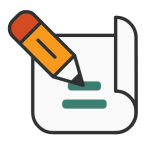 Academic blog posts are different than class papers or journal articles; writing a blog post compels you to distill your essential argument
Academic blog posts are different than class papers or journal articles; writing a blog post compels you to distill your essential argument 

